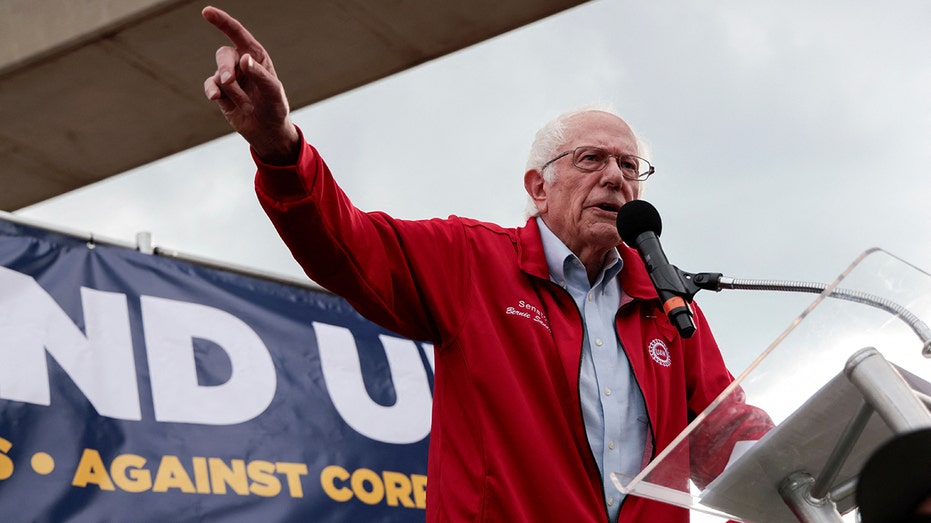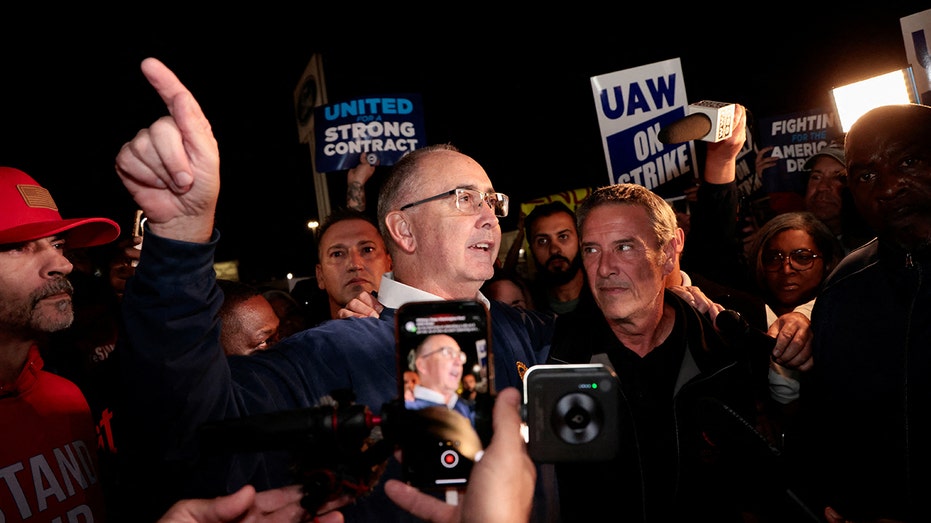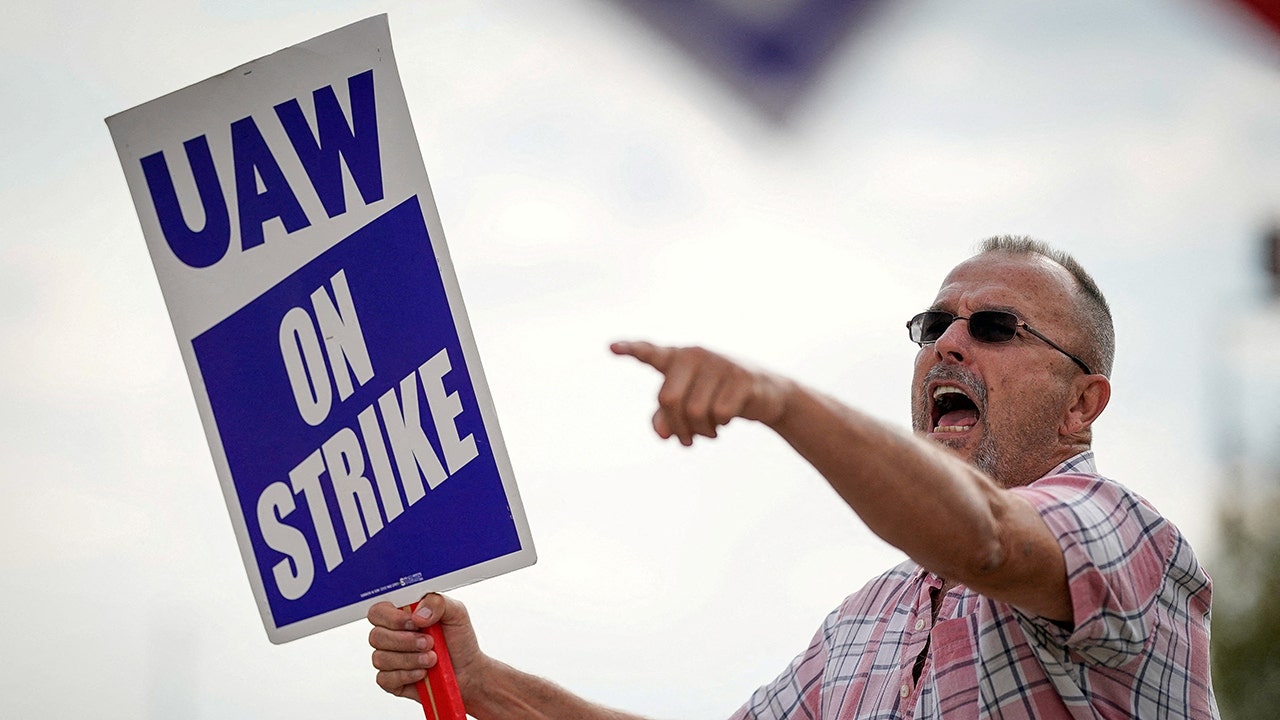The United Auto Workers and Big Three Detroit automakers — General Motors, Ford and Chrysler parent Stellantis — will resume bargaining after workers began a targeted strike on Thursday, the union said.
About 13,000 autoworkers began picketing at three assembly plants in Michigan, Ohio and Missouri after their contract expired at 11:59 p.m. ET Thursday. The strike has shut down the plants, halting production of popular car models, including the Ford Bronco, Jeep Wrangler and Chevrolet Colorado, among others.
The consequences were immediate. Ford told 600 workers who are not on strike not to come to work on Friday. GM informed 2,000 workers at a Kansas car plant that their factory will likely be shut down next week for lack of parts since a nearby plant is on strike.
“Our production system is highly interconnected, which means the UAW’s targeted strike strategy will have knock-on effects for facilities that are not directly targeted for a work stoppage,” Ford said in a statement to Reuters.
UAW STRIKE COULD SLAM THE US ECONOMY
At a rally on Friday afternoon and picket lines during the day, union members protested loudly and took particular aim at a two-tiered wage system that left new hires without the pay or benefits of seasoned hands. That was unfair and favored investors over workers, they said.
“We’re not going to wreck the economy. The truth is we are going to wreck the billionaire economy,” said UAW President Shawn Fain.
The main point of contention between the two sides is higher pay, with the union seeking a more than 36% general pay raise for rank-and-file members over four years. That is down from the original demand for a 46% wage increase.
UAW workers are also demanding shorter work weeks, restoration of defined benefit pensions and stronger job security as automakers transition to electric vehicles — which have so far sold poorly, with Ford alone projected to lose $4.5 billion on its EVs this year.
UAW STRIKE: LIVE UPDATES

At a rally Friday in downtown Detroit, UAW vice president Chuck Browning told strikers his talks with Ford have made “good progress, but we have far to go.”
President Biden weighed in on the strike Friday. In a televised statement, Biden said the Big Three automakers were making “record profits” that “have not been shared fairly, in my view, with workers.”
“No one wants a strike,” Biden said. “But I respect workers’ right to use their options under the collective bargaining system. Autoworkers sacrificed so much to keep the industry alive and strong, especially through the economic crisis and the pandemic. Workers deserve a fair share of the benefits they helped create for an enterprise.”
Workers are demanding an end to a two-tier wage system they contend puts new hires at a financial disadvantage. The starting wage for tier two workers is $15.78 and has been so for 14 years.
UAW STRIKES AT GM, FORD, STELLANTIS PLANTS AFTER NO NEW CONTRACT REACHED

But the Big Three executives say the union’s demanded wage hikes would “put us out of business.” GM CEO Mary Barra told “CBS This Morning” on Friday “We still have a ways to go with the offer they put on the table last night.”
Vermont Senator Bernie Sanders, a self-proclaimed democratic socialist, called out Barra’s comments at the UAW rally Friday. “I say to Ms. Barra, do you have any idea what it’s like for one of your workers to survive on $17 an hour?” he said.
It is unclear how long the strike will last. The UAW has $845 million to support striking workers but that’s matched against billions owned by the Big Three automakers.
Biden on Friday said acting Labor Secretary Julie Su and adviser Gene Sperling will travel to Detroit to support continued talks but the White House will not mediate.
The latest offer from the automakers is a 20% pay increase without the benefits demanded by the UAW.
Ford said the union’s demands would double its U.S. labor costs and GM said the wage and benefit proposals would cost the company $100 billion.
The union has rejected these assertions, saying these companies have spent billions on share buybacks and executive salaries.
Fox Business’ Megan Henney and Reuters contributed to this report.
Read the full article here













Leave a Reply